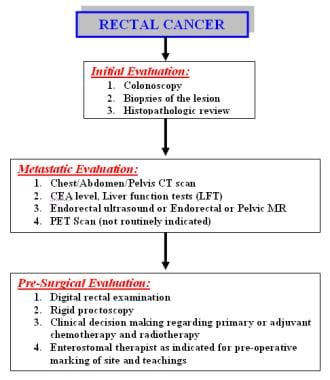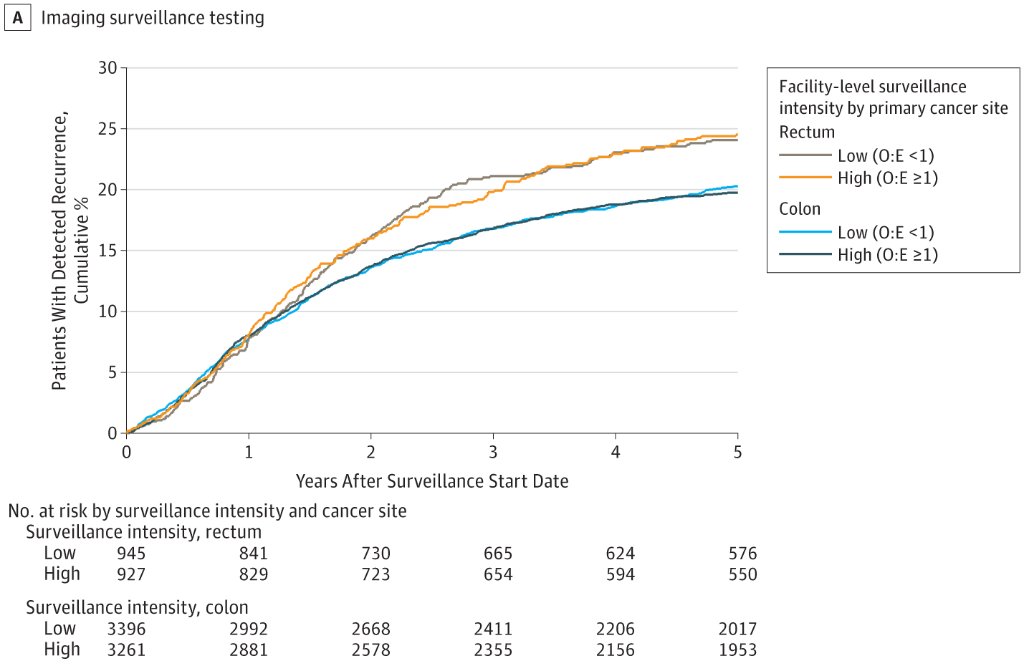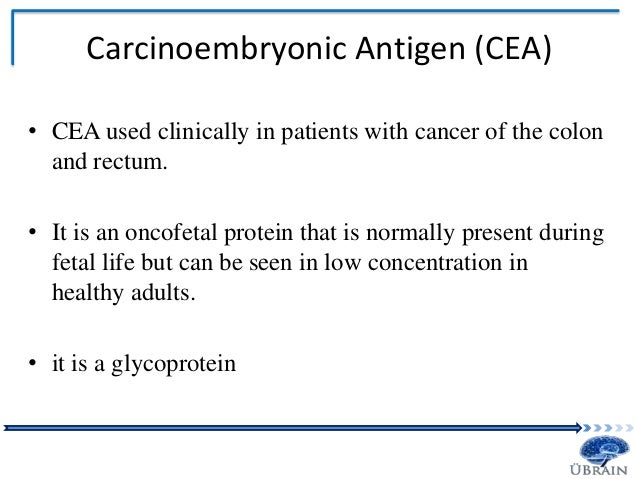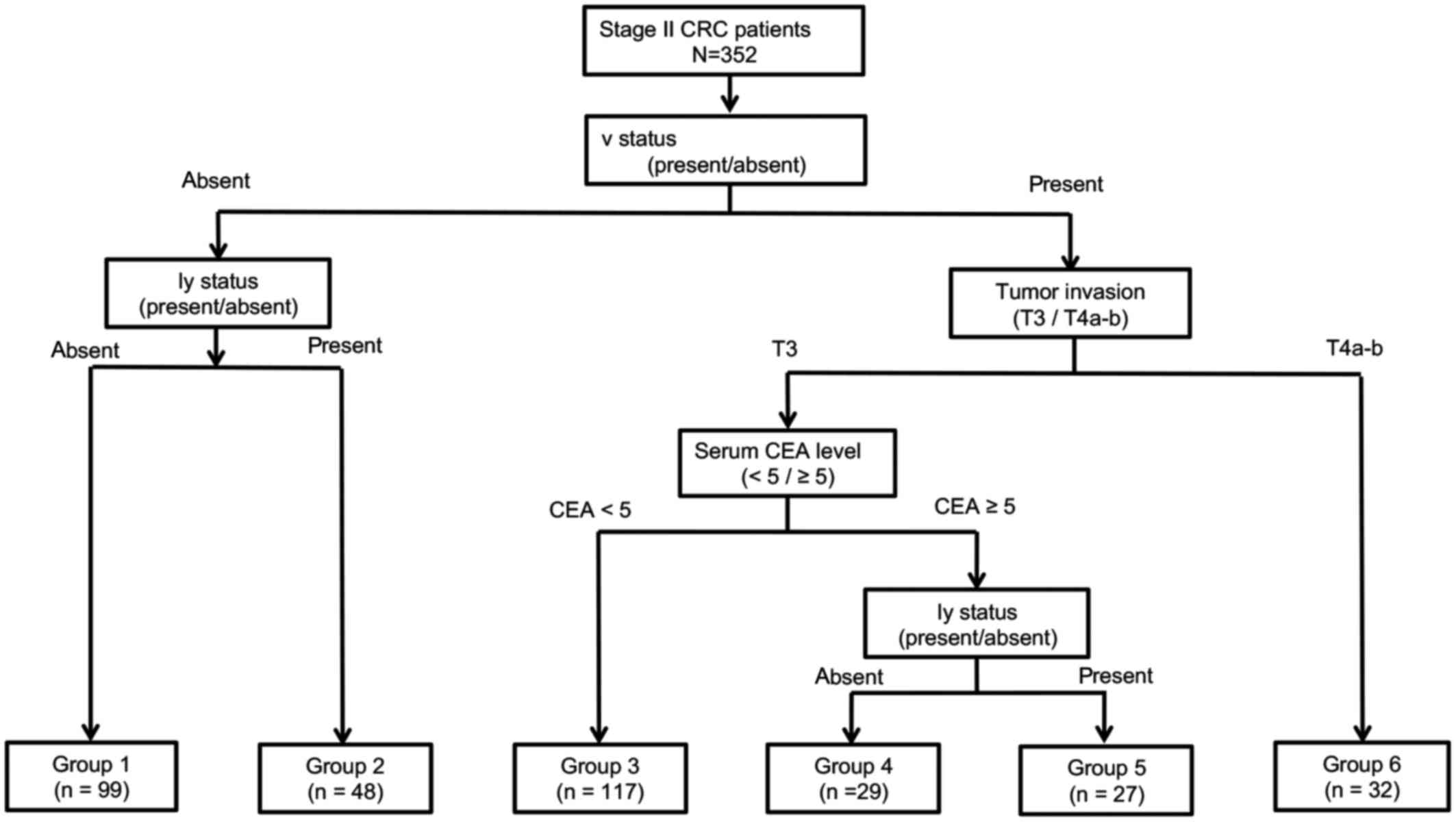Cea Colon Cancer Surveillance
Carcinoembryonic antigen cea and the carbohydrate antigen 19 9 ca 19 9 are two markers whose levels may be tested to determine the presence of colorectal cancer. National comprehensive cancer network nccn.
Https Www Cochranelibrary Com Cdsr Doi 10 1002 14651858 Cd011134 Pdf Cdsr Cd011134 Cd011134 Pdf
A number of national organizations including the national comprehensive cancer network american society of clinical oncology and the american society of colon and rectal surgeons have published consensus guidelines regarding surveillance testing during the first five years after treatment of primary colorectal cancer.

Cea colon cancer surveillance. Carcinoembryonic antigen cea monitoring in patients with stage i iv colorectal cancer has been and remains a controversial issue in oncology practice. These studies are unlikely to clarify the role of serum cea monitoring in colorectal cancer surveillance because the control arms in each study include it albeit at a reduced frequency. In the first 3 years following initial surgery people who have been treated for colorectal cancer should receive cea testing every 6 months in addition to two ct scans.
Postsurgical surveillance of colon cancer. Preliminary cost analysis of physician examination carcinoembryonic antigen testing chest x ray and colonoscopy. These methods all have their advantages and limitations.
One study has shown more frequent every 1 2 months cea testing is superior. The primary outcomes are overall and disease specific survival at 5 years. Tive surveillance of patients treated for crc is intended to prolong survival by diagnosing recurrent and meta chronous cancers at a curable stage and to prevent meta chronous cancer by detection and removal of precancerous polyps.
Chang and his colleagues agreed with the surveillance recommendations of the national institute for health and care excellence in the united kingdom. Tumor makers are molecules that can be detected in circulating blood. These markers are often elevated with the existence andor recurrence of cancer.
Surveillance strategies employ a combination of modal ities including history and physical examination carci. Based on their findings dr. The primary objectives of surveillance following surgical resection for rectal cancer are to detect disease recurrence local and metastatic and to screen for metachronous colorectal lesions and primary cancers in other organ systems.
The optimal frequency of cea measurements during posttreatment surveillance is also unclear and is largely based on consensus. Recommended methods for periodic surveillance of patients with colorectal cancer include clinical assessment measuring serum carcinoembryonic antigen cea chest and abdominopelvic computed tomography and repeated colonoscopy. Recommendations vary from bimonthly monitoring to no monitoring in the surveillance setting for stage i iii disease.

Xmlinkhub

Jama On Twitter In This Cohort Study More Intense Ct And Cea

Utility Of Postoperative Cea For Surveillance Of Recurrence After

Rectal Cancer Workup Laboratory Studies Screening For Colon And

Colon Cancer Stage And Tumor Marker Levels Download Table

Tumor Biomarkers For Screening Progression And Prognosis

British Society Of Gastroenterology Association Of Coloproctology

A Novel Prognostic Prediction Model For Recurrence In Patients

Colon Cancer Department Of Surgery At Suny Downstate Medical